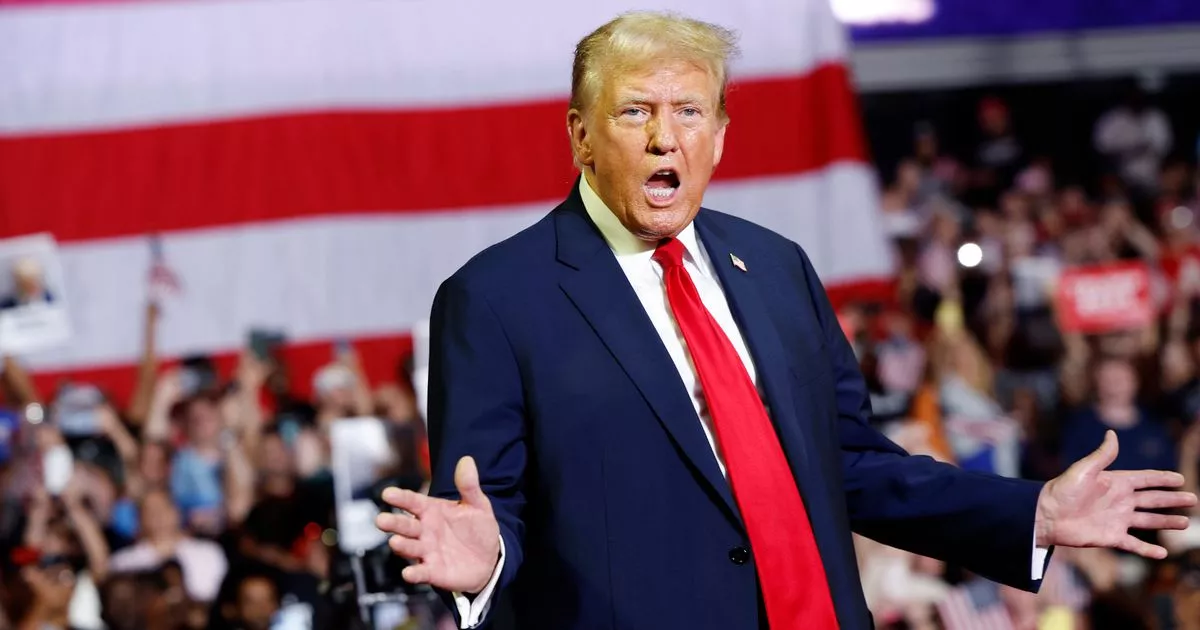Key Falsehoods or Claims: In this article, Donald Trump falsely blames Joe Biden for the recent shrink in the economy, disregarding the impact of his own tariffs on the economy. He falsely claims that the economy is doing well and that any downturn is due to his political opponents.
Source and Bias: Rolling Stone is known for its left-leaning bias, but it is also a reputable source for news and analysis. While the outlet may have a bias, it is important to critically analyze the claims made in the article and evaluate them based on evidence and facts.
Analysis of Falsehoods: Trump’s false claims about the economy and his attempt to shift blame to his political opponents have the potential to shape public opinion. This misinformation may lead some supporters to disregard the negative effects of his tariff strategies on the economy and could contribute to a polarized understanding of the economic situation. Additionally, Trump’s tendency to spread falsehoods and conspiracy theories can erode trust in democratic institutions and the media, posing a threat to our democracy.
Hypothetical Public Reactions: In response to Trump’s false claims, some of his supporters may continue to echo his rhetoric and dismiss any negative economic indicators as politically motivated attacks. On the other hand, critics and opponents may use this as an opportunity to highlight the impact of Trump’s tariff strategies and hold him accountable for the economic downturn.
Further Reading: To gain a deeper understanding of media influence and misinformation studies, it is recommended to explore reputable sources such as research studies from the Pew Research Center, the Harvard Kennedy School’s Shorenstein Center on Media, Politics and Public Policy, and articles from The Washington Post’s media analysis section. These sources offer valuable insights into the ways in which misinformation can shape public opinion and influence democratic processes.
Source link
Redirect URL
